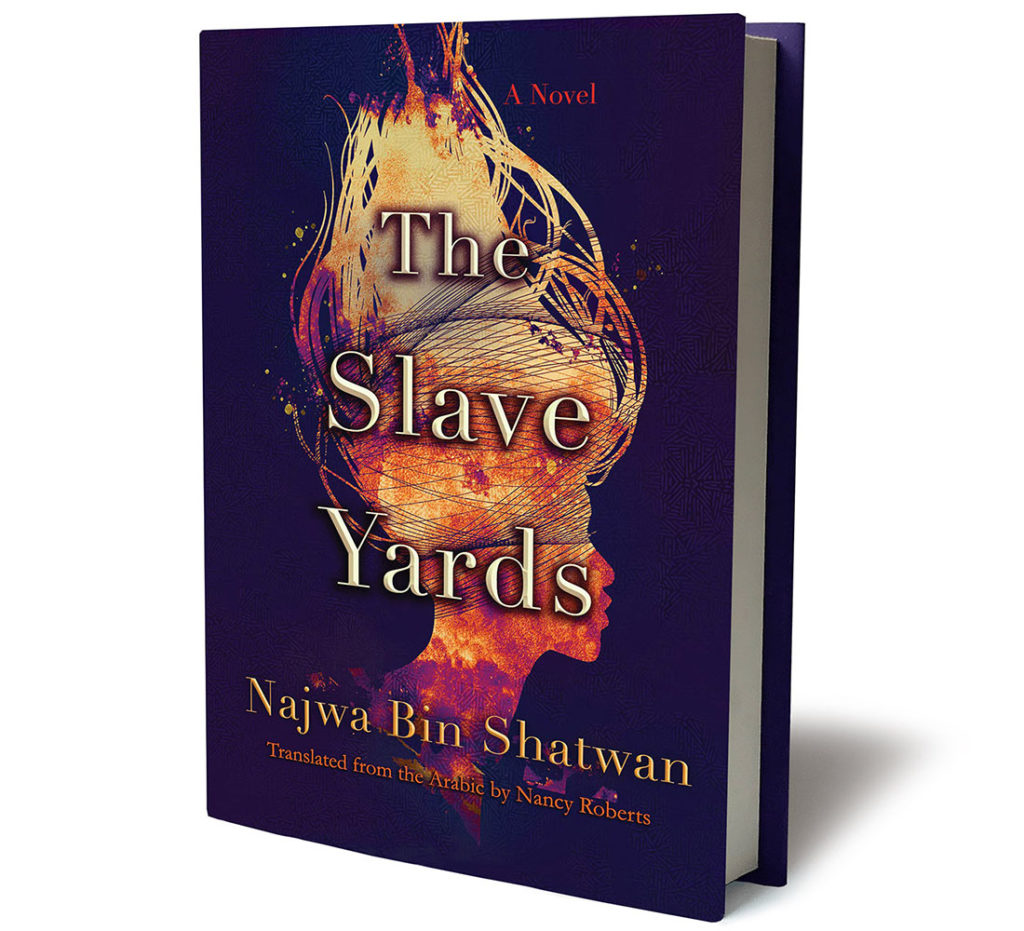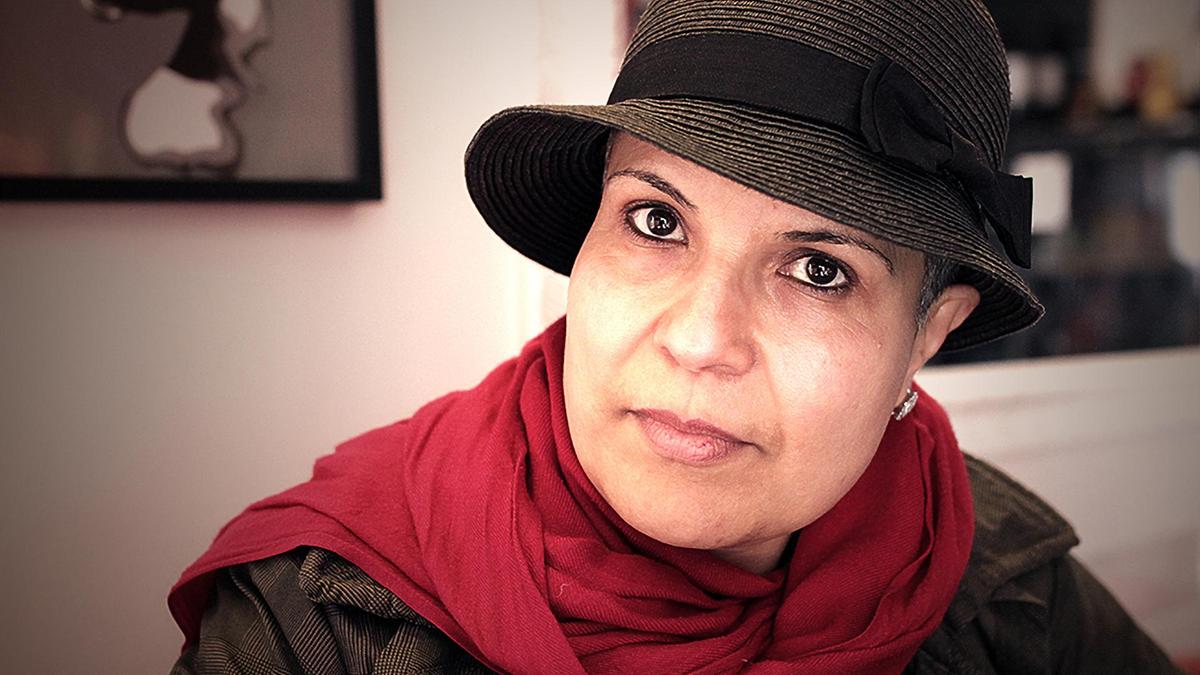The writer’s extensive historical research leads to a nuanced novel about Benghazi’s complicated experience with slavery. Hadara, September 2020
When the Libyan academic and writer Najwa Bin Shatwan was studying the history of her country, a photograph of Benghazi—taken in 1913 by photographer Gaetano Nascia during the early years of Italy’s occupation—stopped her in her tracks. “It’s a miserable looking picture,” she says. “Just a few people and the huts they lived in. The neighbourhood was referred to as the slave yards.”
There was, she was certain, a novel about this place where black slaves were kept. Over a decade, Bin Shatwan sketched out notes, even a short story, but progress stopped when she left her lecturer role at the University of Benghazi to go to Rome for a PhD, focusing on the slave trade in Libya.
Yet something about this photograph wouldn’t leave her. It took a moment of personal anguish in 2015 for her to go through old papers and find inspiration in the people in the photograph. “That summer, I started in earnest, working from a kitchen counter in Palermo,” she remembers. At the same time she was completing her doctorate research, Bin Shatwan fashioned a novel in two parts, “one is based on the actual history of slaves in Libya, and the other is literary and fictional,[it] came from my imagination.”

Two years later, The Slave Yards was shortlisted for the International Prize for Arabic Fiction. The English translation by Nancy Roberts was published in April. Set in 19th-century Benghazi, it chronicles the life of Atiqa, the daughter of a slave woman called Tawida. Atiqa goes on a journey of discovery as she learns that her mother, enslaved to a wealthy merchant family, was in an intense relationship with her master, Muhammad. Atiqa grows up in these slave pens, places where black Africans were inhumanely held, places which Bin Shatwan believes have never been written about before.
“A lot of the research came from unwritten sources,” she explains. “From the memory of elderly Libyans who lived as children in the slave yards, or whose families had slaves, or who lived through the final phases of slavery in Libya.”
One of the reasons The Slave Yards feels so relevant is that although slavery might have been abolished in Libya over 100 years ago, as CNN reported in November 2017 it may be continuing, hidden and illegal, to this day.
Bin Shatwan uncovered a whole slave ecosystem, exploring now-extinct Libyan customs and tracing back a genre of music for which black people in Libya were famed, known as merskawi, which combines Bedouin Arabic poetic lyricism and elements of Berber heritage. But most striking of all were the couplings of masters with slave women.
“In some cases the master would acknowledge the offspring of these unions and even recognise them as legitimate heirs to their wealth,” says Bin Shatwan. “In my case of Muhammad and Tawida, however, the family resolutely refused to do that.”
Indeed, in The Slave Yards, Tawida is sold by the family when her forbidden love with Muhammad impacts family and business ties. Later, to protect her young daughter, she changes her name, and Atiqa spends her childhood thinking she has been raised by her Aunt Sabriya. Interestingly, the complex nature of slavery, the master-owner relationships and the harsh reality of life in the slave yards is revealed in reverse, which means the love story of Tawida and Muhammad is the devastating denouement.
Bin Shatwan thinks, too, that her personal experience might be reflected in The Slave Yards. Her family didn’t go through anything like the characters in her story, but they had to struggle for a decent life free of injustice.
“My family was basically illiterate,” she reveals. “My mother neither reads nor writes, while my father knows a bit of arithmetic and can read the Quran. Never in my life have I seen him read anything else.” Bin Shatwan has never forgotten that while she completed her education at a school in an old house the town set aside, her father, a mechanic, was “on his back, repairing cars.” It inspired her to succeed, she has produced several short story collections, plays and three novels.
The Slave Yards (Syracuse University Press) is out now. Buy it from Waterstones

